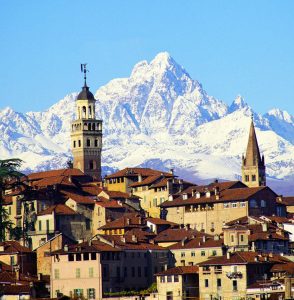The unknown microcosmos
The process of fermentation is known, each chemical reaction is studied. We know our good old bacteria, the Saccharomyces cerevisiae, the Lactobacillus bulgaricus. But how much do we know about the world of microbes – the microcosmos – and how we are connected with it?





